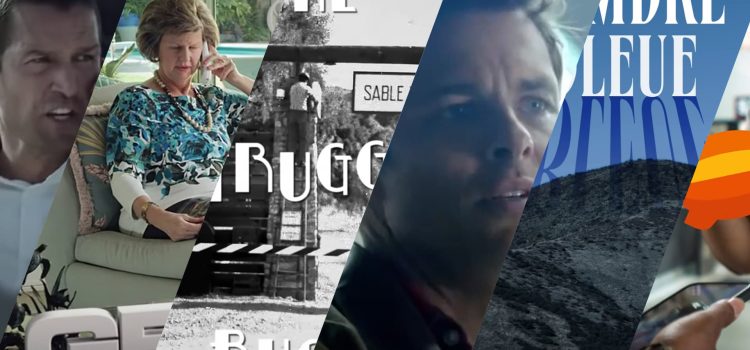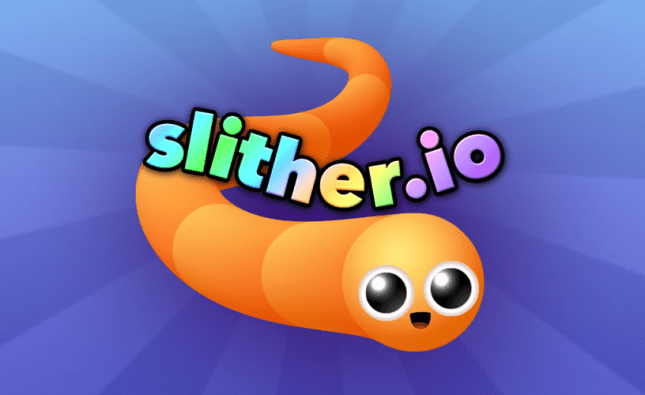
Introduction
The contemporary landscape of entertainment is undergoing a transformative evolution. One of the most fascinating developments in this realm is the rise of genre-blending. This phenomenon, which involves the merging of different genres to create innovative and hybrid forms of storytelling, has become a hallmark of modern entertainment. From films and television series to music and video games, genre-blending is reshaping the way audiences engage with content. This article delves into the intricacies of genre-blending entertainment, exploring its origins, impact, and future prospects.
The Origins of Genre-Blending
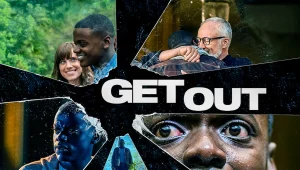
-
Historical Context
Genre-blending is not an entirely new concept. Historical records indicate that storytellers have long experimented with combining elements from different genres. For instance, Shakespeare’s plays often defied strict genre classifications, blending elements of comedy, tragedy, and history. However, the modern era has seen a more pronounced and deliberate effort to merge genres, driven by changing audience preferences and technological advancements.
-
Technological Advancements
The advent of digital technology has played a significant role in facilitating genre-blending. Advanced special effects, computer-generated imagery (CGI), and sophisticated sound design have enabled creators to seamlessly integrate disparate elements. This technological prowess allows for the creation of immersive worlds that transcend traditional genre boundaries.
The Appeal of Genre-Blending Entertainment
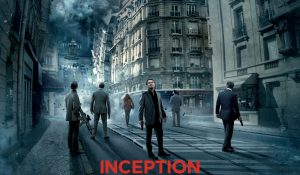
-
Audience Engagement
One of the primary reasons for the popularity of genre-blending entertainment is its ability to captivate diverse audiences. By combining elements from different genres, creators can appeal to a broader demographic. For example, a film that blends science fiction with romance can attract both sci-fi enthusiasts and romance lovers, thereby expanding its reach.
-
Creative Freedom
Genre-blending offers creators unparalleled creative freedom. It allows them to break free from the constraints of traditional genre conventions and explore new narrative possibilities. This creative liberty often results in more innovative and compelling storytelling, which in turn enhances audience engagement.
-
Cultural Relevance
In a multicultural and interconnected world, genre-blending reflects the diverse experiences and perspectives of modern society. It allows for the inclusion of various cultural elements, making the content more relatable and resonant with a global audience.
Examples of Genre-Blending in Modern Entertainment
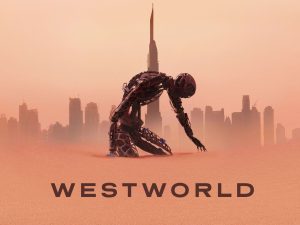
-
Film
The film industry has been at the forefront of the genre-blending movement. Movies like “Inception” (2010) and “Get Out” (2017) are prime examples of how blending genres can result in critically acclaimed and commercially successful films. “Inception” combines elements of science fiction, heist, and psychological thriller, while “Get Out” merges horror with social commentary.
-
Television
Television series have also embraced genre-blending. Shows like “” (2016-present) and “Westworld” (2016-present) have gained immense popularity by combining elements of science fiction, horror, and drama. These series not only captivate viewers with their unique narratives but also keep them engaged with their genre-defying twists and turns.
-
Music
In the music industry, genre-blending has led to the emergence of new and exciting musical styles. Artists like Billie Eilish and Lil Nas X have gained widespread acclaim for their ability to fuse different genres. Billie Eilish’s music blends elements of pop, alternative, and electronic, while Lil Nas X’s “Old Town Road” combines country and hip-hop, resulting in a genre-defying hit.
-
Video Games
The video game industry has also embraced genre-blending, resulting in some of the most innovative and immersive gaming experiences. Games like “The Witcher 3: Wild Hunt” (2015) and “Red Dead Redemption 2” (2018) combine elements of action, role-playing, and open-world exploration. These games offer players a rich and multifaceted experience that transcends traditional genre boundaries.
The Impact of Genre-Blending on the Entertainment Industry

-
Economic Impact
The success of genre-blending entertainment has had a significant economic impact on the industry. By appealing to a broader audience, genre-blending content often achieves higher box office returns, television ratings, and music sales. This financial success encourages creators and producers to continue experimenting with genre-blending, further driving innovation in the industry.
-
Critical Acclaim
Genre-blending entertainment has also garnered critical acclaim. Many genre-blending films, television series, and music albums have received prestigious awards and accolades. This recognition not only validates the creative efforts of the creators but also sets new standards for excellence in the industry.
-
Influence on Future Content
The rise of genre-blending is likely to influence future content creation. As audiences continue to embrace genre-blending entertainment, creators will be motivated to push the boundaries of traditional genres even further. This trend is expected to result in more innovative and diverse content, enriching the entertainment landscape.
Challenges and Criticisms
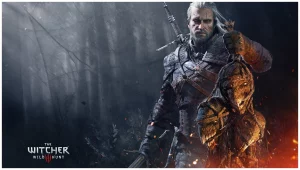
-
Risk of Over-Saturation
While genre-blending offers numerous benefits, it also poses certain challenges. One potential risk is the over-saturation of the market with genre-blending content. If too many creators adopt this approach, it may lead to a lack of originality and innovation, ultimately diminishing the appeal of genre-blending entertainment.
-
Balancing Genres
Another challenge is achieving the right balance between different genres. Successfully blending genres requires a nuanced understanding of the conventions and tropes of each genre. If not executed well, genre-blending can result in a disjointed and confusing narrative that fails to resonate with audiences.
-
Audience Expectations
Managing audience expectations is also crucial. While genre-blending can attract diverse audiences, it can also lead to conflicting expectations. For instance, a film that blends horror and comedy may struggle to satisfy both horror enthusiasts and comedy lovers. Striking the right balance is essential to ensure that the content appeals to its intended audience.
The Future of Genre-Blending Entertainment

-
Technological Innovations
The future of genre-blending entertainment is closely tied to technological innovations. Advances in virtual reality (VR), augmented reality (AR), and artificial intelligence (AI) are expected to open up new possibilities for genre-blending. These technologies will enable creators to craft even more immersive and interactive experiences that transcend traditional genre boundaries.
-
Cross-Media Collaboration
Another exciting prospect is the potential for cross-media collaboration. As different forms of entertainment continue to converge, there will be more opportunities for creators to collaborate across mediums. For example, a genre-blending film could be accompanied by a video game or a music album that expands on its narrative. Such collaborations will offer audiences a richer and more integrated entertainment experience.
-
Evolving Audience Preferences
As audience preferences continue to evolve, genre-blending entertainment is likely to remain a dominant trend. Modern audiences are increasingly seeking content that challenges conventions and offers fresh perspectives. Genre-blending, with its ability to defy traditional boundaries and deliver innovative storytelling, is well-positioned to meet these demands.
Conclusion
The rise of genre-blending in modern entertainment is a testament to the evolving nature of storytelling. By merging elements from different genres, creators are able to craft innovative and compelling narratives that captivate diverse audiences. While there are challenges to be addressed, the potential for genre-blending to reshape the entertainment landscape is immense. As technology continues to advance and audience preferences evolve, genre-blending is set to remain a driving force in the future of entertainment.








